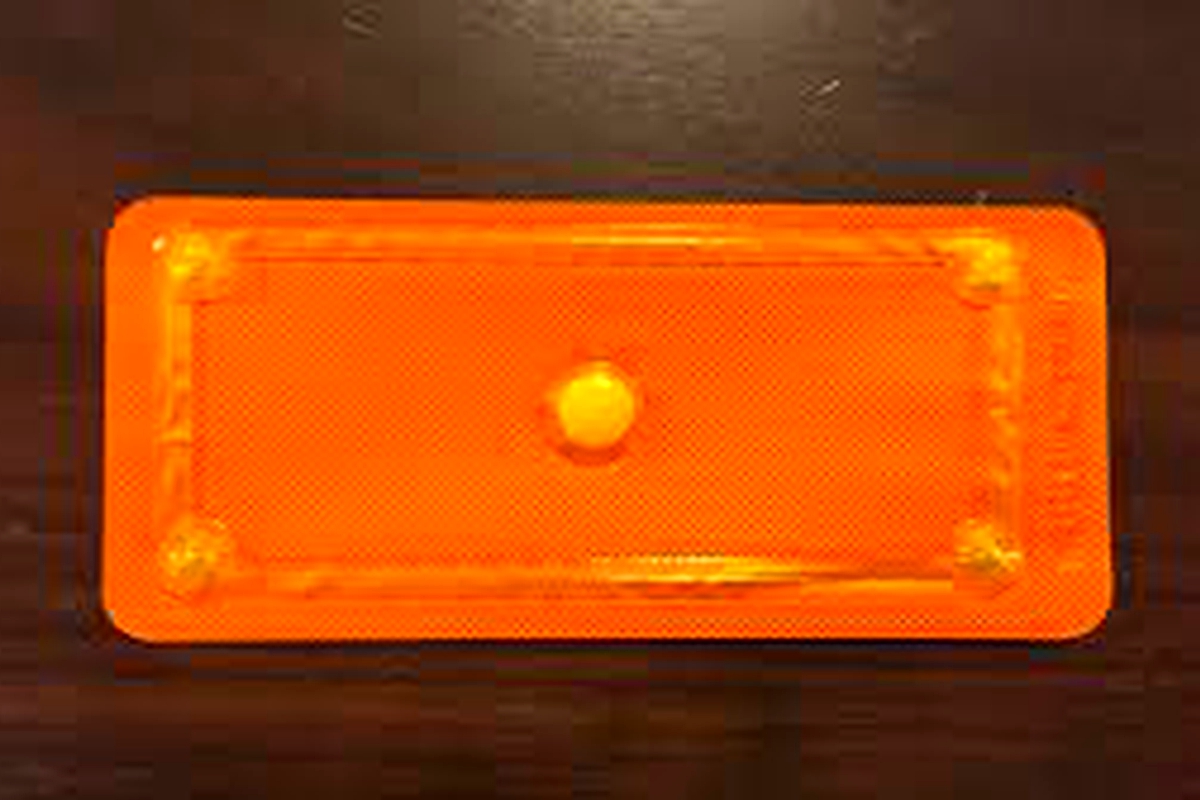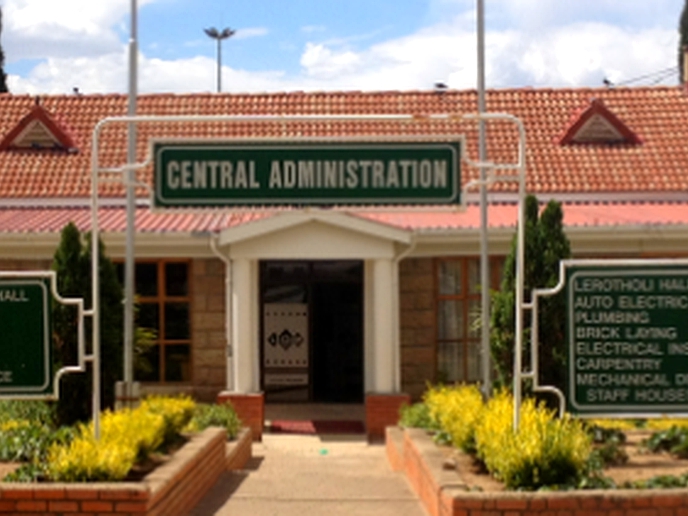MASERU - Private pharmacist, Thabiso Mokone has appealed that the use of Levonorgestrel - a type of emergency contraception after unprotected sex, requires open dialogue between women who use it and the over-the-counter dispensers they buy from to ensure effective use.
health
Jan. 17, 2020
LINEO MABEKEBEKE
3 min read
Openness on morning-after pill is key: Pharmacist

Levonorgestrel, commonly known as the morning-after pill, is a backup birth control tablet used to prevent pregnancy for women who’ve had unprotected sex or whose birth control methods have failed; it is not a primary method of birth control and is available over-the-counter without a prescription.
The pill helps prevent pregnancy if a woman has had unprotected sex, missed her birth control pills, was sexually assaulted or her preferred contraceptive method has failed.
Speaking to Metro Mr Mokone said it was important for them as pharmacists to create an environment conducive to a calm dialogue to understand the health situation of one in need of the pill.
He said they ought to be able to help reduce the stress and anxiety of the patient as well as offer them all the information they might need to understand how the emergency birth control method worked.
Enjoy our daily newsletter from today
Access exclusive newsletters, along with previews of new media releases.
He said the best and effective way of ensuring that women had access to such a pill was by ensuring that they were available over the counter at every pharmacy.
Mr Mokone advised women should not feel judged by a pharmacist who might pose a lot of questions before dispensing the pill.
He continued: “This, we do in order to help them, to understand their current health situation and other medication they might be using. It is only meant to find suitable medication for their particular problems.”
He advised against the common habit of women sending their partners to get the pill for them, adding: “ladies should stop sending their partners to get them pills, but both should see the pharmacist together”.
He said the questions asked at the counter during the purchase were not meant to humiliate them, but to make them aware of other sexually transmitted diseases such as HIV if they practiced unprotected sex - which he said he was aware most youth did not take into consideration.
He encouraged young ladies to be honest with pharmacists, so that they could easily help them defeat unexpected pregnancy.
Morning-after pills do not end a pregnancy that has begun, but work primarily to delay or prevent ovulation. They can fail even with correct use and they offer no protection against sexually transmitted infections.
The morning-after pill isn’t appropriate for everyone, and experts advise women not to take the pill if they are allergic to any component of the morning-after pill, taking certain medications that can decrease the effectiveness of the morning-after pill, such as barbiturates.
Also if they are overweight or obese, there is also some indication that the morning-after pill won’t be as effective in preventing pregnancy as it is for women who aren’t overweight.
Side effects of the morning-after pill, which typically lasts only a few days, might include nausea or vomiting, dizziness, fatigue, headache, breast tenderness, bleeding, between periods or heavier menstrual bleeding as well as lower abdominal pain or cramps.
For maximum effectiveness, emergency contraception should be started as soon as possible after unprotected intercourse, (within 120 hours), they can also be taken anytime during menstrual cycle.
Mr Mokene concluded by reminding fellow pharmacists the need to be sensitive to patients requesting the emergency pill because at that stage, patients are usually under stress when they ask for the pill, because of the fear of falling pregnant, embarrassment at failing to use contraceptives effectively and lack of knowledge about the medication.
Tailored for you






